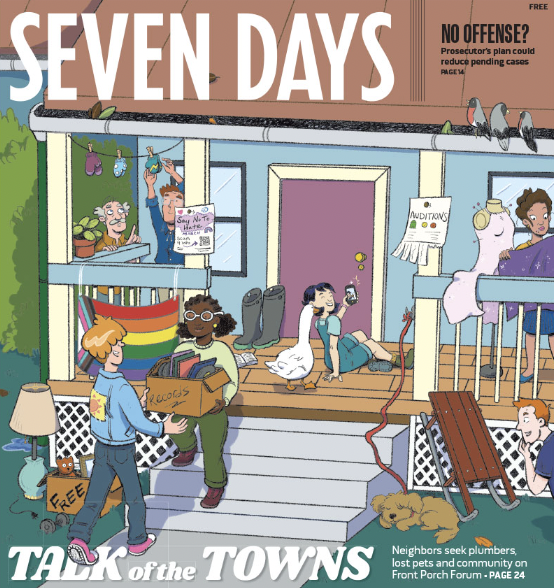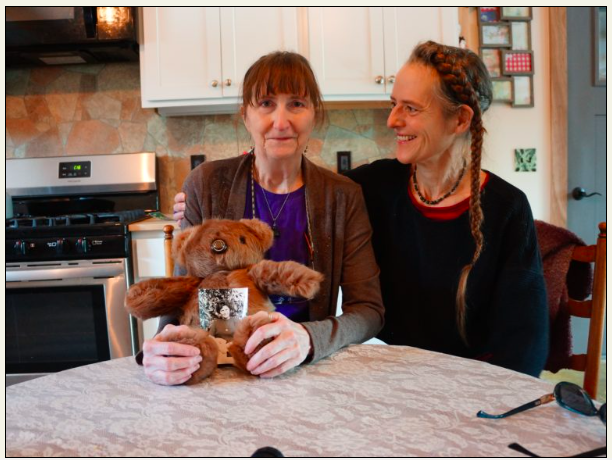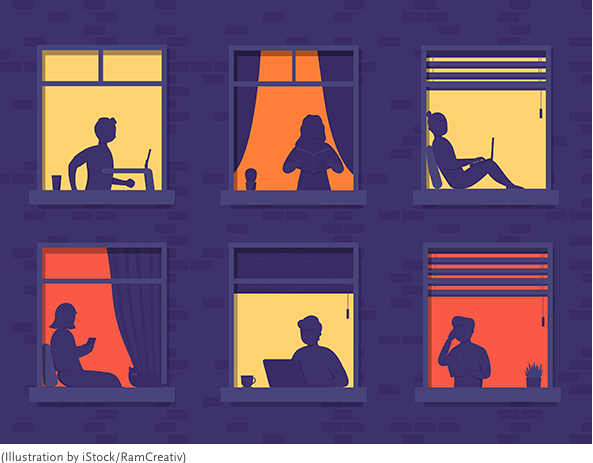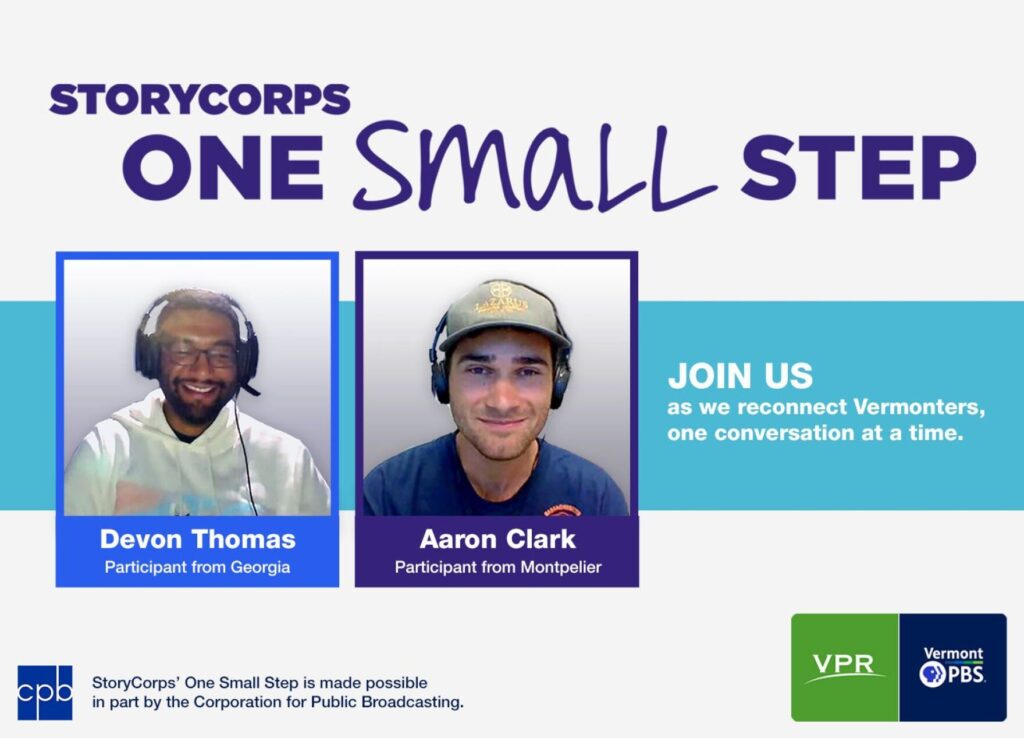Category Archives: Media
A Recipe for a Better Internet
What would the internet look like if it weren’t dominated by a few huge corporations? And is such an internet even possible? A few smart folks at the Initiative for Digital Public Infrastructure have some really interesting ideas about what a more humane and diverse internet might look like. In a short, highly readable paper called “The Three Legged Stool: A Manifesto for a Smaller, Denser Internet”, they outline a different world and explain how to make it happen.The “three legged stool” refers to the three core principles of a better internet:
- A “pluriverse” — as in, plural universe — in which the large platforms are complemented (and challenged) by a diversity of Very Small Online Platforms, or VSOPs. “Just as we do not exclusively gather in shopping malls in the physical world, Facebook, Twitter, and YouTube are not the right place for every community and conversation online,” they explain.
- A “loyal client” that allows people to follow, read, and post as they wish, across multiple platforms. They describe this as analogous to how your email client — whether you use Gmail, or Outlook, or something small like Hey — allows you to email anyone, regardless of what email client they use. And the “loyal” part means you get to both pick a client and adjust its settings to align with your own preferences.
- A “friendly neighborhood algorithm store” where VSOPs can pay a reasonable price to access capabilities that, at present, only the big guys can afford: things like recommender systems, spam detection, and anti-abuse tools. Just as small businesses have access to high-powered tools for accounting, payroll, and other core functions, small online platforms should be able to provide high-quality experiences without having to spend billions to develop it all from scratch.
Front Porch Forum is a strong believer in a diverse and people-centric internet. We’re pleased to be working towards that future in the company of smart and committed folks like these. Let’s build a better internet together!
Fixing Digital Public Spaces
Leslie Stebbins was quoted in a recent Salon article, “Our digital public spaces aren’t so healthy… Can we fix that?” (read full article here) that…
“Tech companies maintain that they cannot moderate online communities because that would jeopardize our right to free speech and because there is simply too much content flying across these networks to track. Both these issues are false flags. We now know that the core infrastructure of these platforms is intentionally designed to amplify vitriol and misinformation because this increases engagement, keeps us online longer, and provides tech companies with billions of dollars from ad revenue. It doesn’t have to be this way.“
Further, Stebbins adds, “We should focus on creating new spaces that have explicit civic goals and are designed for equity and social cohesion. Real-world communities need to be involved in intentionally designing their own local digital public spaces rather than leaving this work to global tech companies.”
Front Porch Forum gets a nice spotlight in the article…
“Front Porch Forum […] focuses on real world community building. It is the antithesis of Facebook, TikTok, and Twitter. Rather than try to keep users online, it strives to get people offline and more connected to their local Vermont neighbors. Most people spend five or ten minutes a day online to get news that their neighbors have posted: lost dogs, bake sales and announcements of upcoming school board meetings. It is funded by donations and local ads based on where someone lives, but it does not track user behavior and advertising does not drive platform design.“
“Independent research on Front Porch [Forum] shows that it builds social cohesion and is improving the resilience of local Vermont communities. Building stronger community cohesion produces many intangible benefits such as high civic engagement, more instances of neighbors helping neighbors, and lower crime rates.“
Another Shout Out to FPF in NY Times
Thanks to Jill who just posted on the Craftsbury Forum:
“I just came across this New York Times article recognizing the great job Front Porch Forum is doing with keeping Vermonters connected. I know my family and I are grateful for the network it provides.”

Solving Social Media’s ‘Local Paradox’
A new article in a Stanford University journal underscores various failures of Big Tech social media, and highlights Vermont’s own Front Porch Forum as a better way.
In the bowels of social media giants, like NextDoor and Facebook, live online spaces for local social networks to take hold (e.g., a neighborhood based Facebook group).
One might think a healthy form of social connection would come from these local online networks because they’re grounded in real-world relationships and physical space — you could literally bump into that posting’s author on your way to school drop off — but in practice, as this article points out, local social media can be even more toxic than global platforms. It’s dubbed the ‘local paradox‘.
The solution to this local paradox, they say, is to build networks that are values-driven, closely moderated, trusted, and local. Further, they share Front Porch Forum as a leading example.
A Kinder, Gentler Social Network
Big Tech and social media giants are under the microscope more than ever. Front Porch Forum continues to draw attention from news outlets as the more friendly alternative among sites that are meant to connect us.
Julia Angwin, Editor-in-Chief of The Markup, a popular publication investigating Big Tech, recently spoke with FPF’s co-founder Michael Wood-Lewis to learn more about how FPF keeps conversations neighborly and kind, while other social media sites seem to be losing civility.
Read the full interview here.
Healthy Digital Discourse
The Aspen Institute just issued its Commission for Information Disorder final report. We’re humbled to see Front Porch Forum recognized among a short list of approaches that are making real progress instead of feeding the spread of disinformation. The commission includes celebrities like Craig Newmark, Katie Couric and Prince Harry, along with an array of national experts.
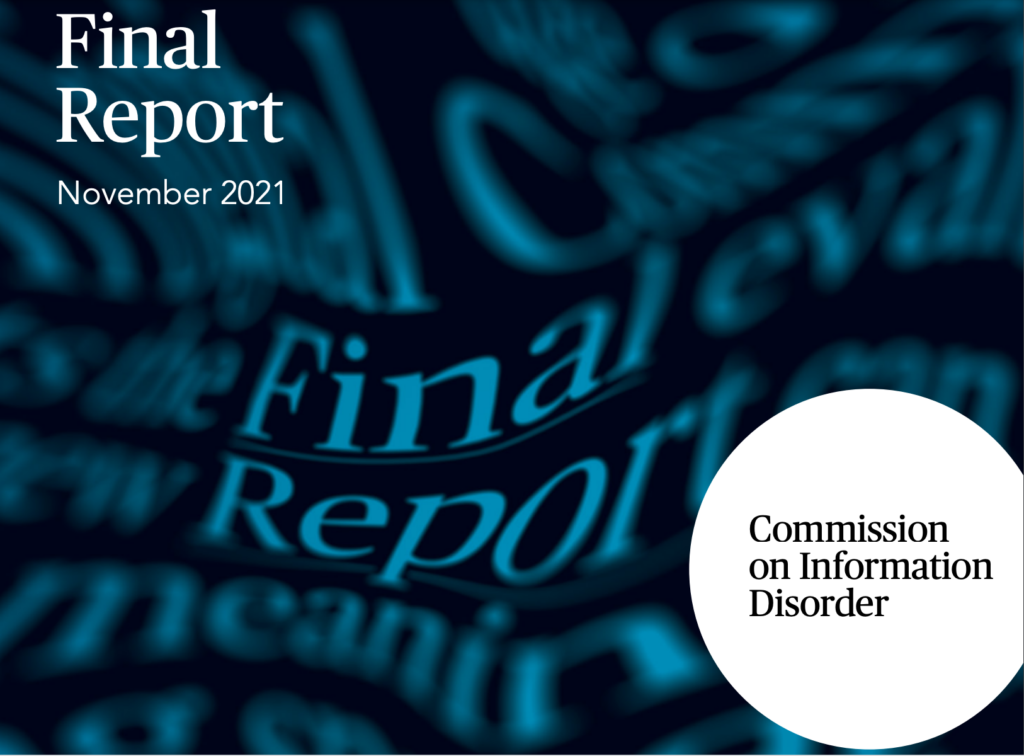
FPF was held as an example of how to
“Develop and scale communication tools, networks, and platforms that are designed to bridge divides, build empathy, and strengthen trust among communities.“
About Blog
Ghost of Midnight is an online journal about fostering community within neighborhoods, with a special focus on Front Porch Forum (FPF). My wife, Valerie, and I founded FPF in 2006... read more
Post Categories
- Uncategorized
- PDF2009
- Calendar
- Northeast Kingdom
- podcast
- Peer Rental
- Localization
- Big Tech
- Events
- PDF2007
- Web Traffic
- Google AdSense
- Pay It Forward
- Elections
- berkmansunlight
- Maps
- Video
- Upstate New York
- Coupons
- Wildlife
- Mobile
- Viral Marketing
- Raffle
- Crisis Response
- Donations
- Lost & Found
- Real Estate
- College Students
- Gratitude
- Social Responsibility
- Orton Family Foundation
- Start ups
- Make It Your Own Awards
- Online Civility
- Clay Shirky
- Newspapers
- Humor
- How To Use FPF
- Online Classified Ads
- Peer Reviews
- Best of FPF
- Politics
- Community Management
- Economic Development
- Local Reviews
- Case Foundation
- Borrow and Lend
- Neighborhood Watch
- Good Government
- Small Business Advertising
- Citizen Journalism
- e-Vermont
- Democracy
- Local Search
- Knight Foundation
- Burlington
- MacArthur Fellows
- Civic Engagement
- Social Media
- social capital
- Social Networking
- Vermont
- Neighborhood
- Community Building
- Local Online
- Front Porch Forum
